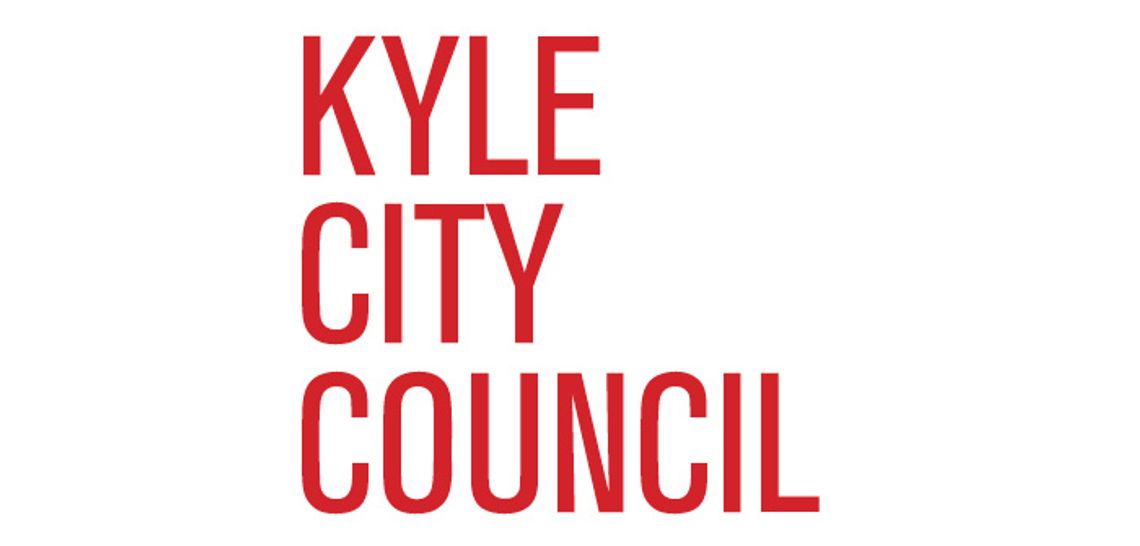By Amira Van Leeuwen
[email protected]
KYLE — In a 6-1 vote, Kyle City Council struck down any consideration for a temporary moratorium on Dec. 20.
Council member Yvonne Flores-Cale was the single concurring vote who proposed enacting the “temporary moratorium on accepting, authorizing and approving new development in order to protect critical infrastructure,” which includes water, wastewater and transportation.
A moratorium can temporarily prohibit any activity. According to Section 212.135 of the Texas Local Government Code, “If a municipality adopts a moratorium on property development, the moratorium is justified by demonstrating a need to prevent a shortage of essential public facilities. The municipality must issue written findings based on reasonably available information.”
Flores-Cale emphasized that she is not anti-development but is “pro-responsible growth.” She thought that a temporary moratorium would allow staff and council to create a plan for Kyle’s essential public facilities, making it easier for the city to focus on and process current permits and applications without the “stress” of new developments.
Newly-appointed mayor pro tem Michael Tobias was concerned about possible economic impacts, public perception and developers’ perception if a moratorium was implemented.
Perwez Moheet, the city finance director, was summoned to address Tobias’ concerns related to finance. He advised city council that his discussion might require council to consult the city’s attorney and bond counsel. Moheet left it up to the council members on whether or not they wanted to go into executive session, to which Flores-Cale differed.
“We just talked about transparency,” Flores-Cale said. “And there are people sitting in here that this may affect. I don’t necessarily agree with going into executive. I think we do that a lot.”
Council member Daniela Parsley thought enforcing a moratorium would be “drastic” and suggested working on a plan during the city’s annual vision workshop on how they want to address any issues on water/wastewater without imposing a moratorium.
“I just don’t see the need of stopping permits or zone changes or any development from coming in or trying to do an application,” Parsley said.
Council members Miguel Zuniga and Bear Heiser were also unfavorable of the moratorium.
“I also don’t like to just throw the word moratorium around because it is risky for investors, and it does send the wrong signal that we’re not keeping pace with our infrastructure,” Zuniga said. “So, unless the sewage is completely spilling over on the streets, I would not be in favor of supporting something unless I hear it from public works, economic development and planning and zoning combined.”
Mitchell also said he could empathize with any council member who had concerns about the nature of Kyle’s growth but thought it was important to be proactive and not reactive.
“We need to be constantly working on solving problems for the future,” he said. “I just don’t believe that the moratorium is the appropriate tool in our toolbox to use. The city has taken great pains to develop infrastructure over the years and we have robust plans for keeping up with growth, from the standpoint of water, wastewater and roads,” Mitchell said.











